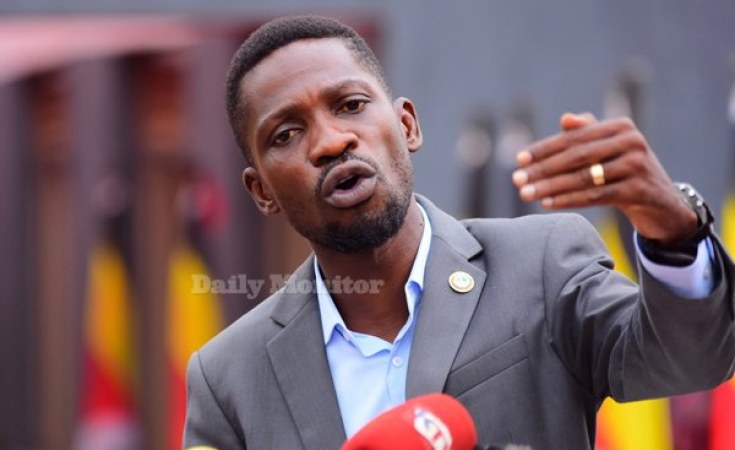In the run-up to the 2026 general elections, leaders of the Alliance for National Transformation (ANT) have issued a challenge to Opposition political parties, urging them to address internal conflicts effectively if they aim to compete effectively on the national stage.
The call for internal cohesion comes amidst growing concerns over the fragmentation and disunity within several key opposition parties, including the Democratic Party (DP), Uganda People's Congress (UPC), and Forum for Democratic Change (FDC).
These parties have faced criticism for their inability to resolve internal disputes, which have often led to factionalism and even splinter groups.
Former Member of Parliament Yonas Bihande has pointed fingers at external influences, alleging that foreign forces are fueling divisions within these opposition parties with the intention of weakening them ahead of the upcoming elections.
"There are external forces at play, seeking to sow discord within our political landscape," Bihande said, emphasizing the need for opposition leaders to recognize and counter such influences.
In response to these challenges, leaders within the opposition bloc have been urged to prioritize the establishment of robust conflict resolution mechanisms within their respective parties.
Wandera Ogalo, a former Member of Parliament and member of the ANT elders council, stressed the importance of integrating such mechanisms into the party constitutions.
"Every party constitution must cater for conflict resolution mechanisms," Ogalo affirmed, highlighting the necessity of proactive measures to address internal tensions and promote unity.
The push for internal cohesion within opposition parties reflects a broader recognition of the significance of political stability and coherence in the lead-up to the 2026 elections.
With the political landscape becoming increasingly competitive, parties must strive to present a united front and address internal challenges effectively to garner public trust and support.
As preparations for the 2026 elections intensify, the onus is on opposition leaders to demonstrate their commitment to internal unity and resilience in the face of external pressures.
Only through concerted efforts to resolve differences and foster cohesion can opposition parties hope to mount a credible challenge and offer meaningful alternatives to the electorate.


